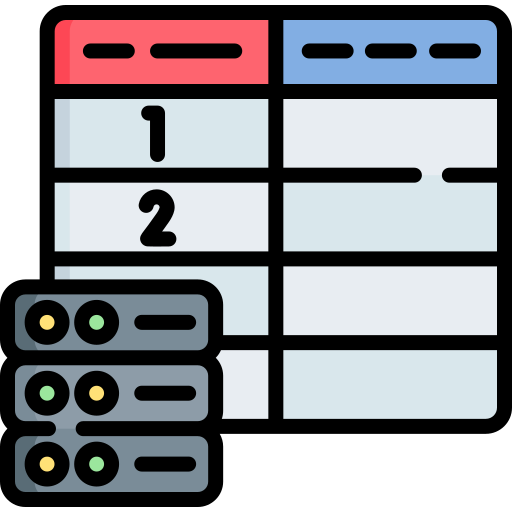Benders often push the their powers to the very limits of ![]() Mind,
Mind, ![]() Body,
Body, ![]() Soul,
Soul, ![]() Spirit, and very existence as they try to alter the void to their own will, and can tear existence of the bender within the void itself. The risk from overcasting varies the degree that the bender is trying to shape the void.
Spirit, and very existence as they try to alter the void to their own will, and can tear existence of the bender within the void itself. The risk from overcasting varies the degree that the bender is trying to shape the void.
Overcasting a ![]() Cantrip might be a little effect, yet risk always exist. Benders push
Cantrip might be a little effect, yet risk always exist. Benders push ![]() Magic to the limits by overcasting, and thus this is how new
Magic to the limits by overcasting, and thus this is how new ![]() Spells are created.
Spells are created.
Whenever a ![]() Caster wishes to cast outside the
Caster wishes to cast outside the ![]() Spell description, and their
Spell description, and their ![]() Class is not a
Class is not a ![]() Sorcerer, the
Sorcerer, the ![]() Game Master uses the base
Game Master uses the base ![]() Sanguine rules to determine the
Sanguine rules to determine the ![]() DC of the (random)
DC of the (random) ![]() Contesting Roll (
Contesting Roll (![]() Sorcerer have learned to control this and can cast it using their
Sorcerer have learned to control this and can cast it using their ![]() Sanguine and always use a
Sanguine and always use a ![]() Body for the
Body for the ![]() Contesting Roll). The
Contesting Roll). The ![]() DC should be 10 +
DC should be 10 + ![]() Sanguine Charges Used + Each additional
Sanguine Charges Used + Each additional ![]() DC type used, beyond the first one, increases this by 3.
DC type used, beyond the first one, increases this by 3.
Once the Creature agrees to ![]() Sanguine, a random
Sanguine, a random ![]() Essence is chosen for the
Essence is chosen for the ![]() Contesting Roll.
Contesting Roll.
Roll :
The player rolls the to determine this outcome.
- If the
 Contesting Roll is PASSED: Nothing adverse happens. The
Contesting Roll is PASSED: Nothing adverse happens. The  Spell is casted as intended by the bender's will.
Spell is casted as intended by the bender's will. - If the
 Contesting Roll is TIED: The
Contesting Roll is TIED: The  Spell is cast as intended by the bender's will, and Roll on the
Spell is cast as intended by the bender's will, and Roll on the  Wild Magic Surge Table.
Wild Magic Surge Table. - If the
 Contesting Roll is FAILED: The creature gains a stack of
Contesting Roll is FAILED: The creature gains a stack of  Maimed for each point missed.
Maimed for each point missed. - If the creature missed by 5 or more they also gain a random long-term madness from the
 Long-Term Madness Table.
Long-Term Madness Table.